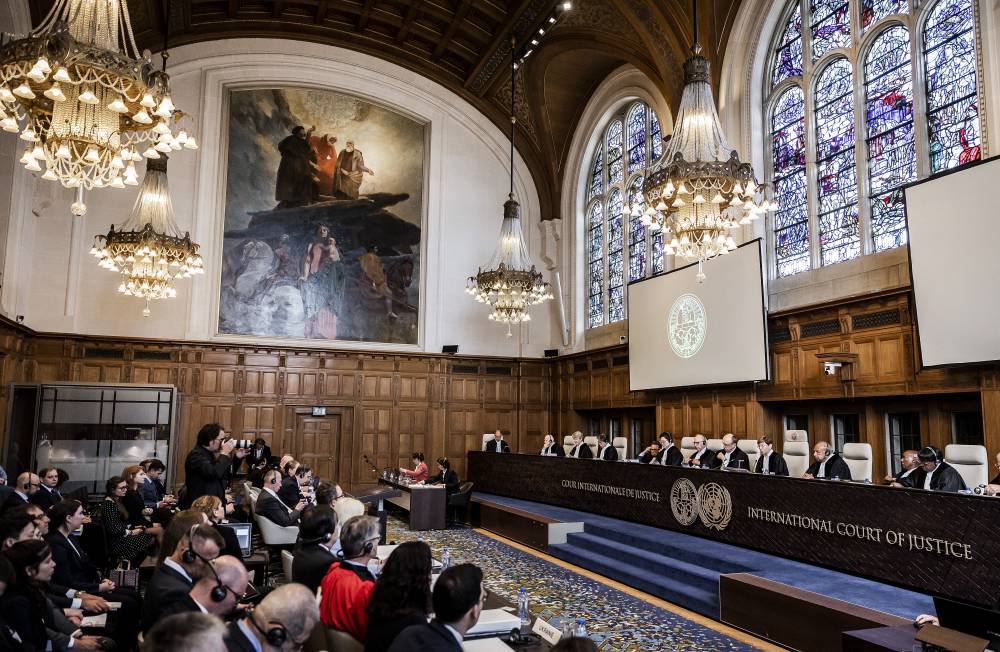Top UN court to rule on Ukraine-Russia 'terrorism' case
It wants Russia to compensate all civilians caught up in the conflict, as well as victims from Malaysia Airlines flight MH17, which was shot down over eastern Ukraine.

THE HAGUE - The United Nations' top court will hand down its verdict on Wednesday in a case brought by Ukraine against Russia for alleged "terrorism financing" and "racial discrimination" after its annexation of Crimea in 2014.
Kyiv has accused Moscow of being a "terrorist state" whose support for pro-Russian separatists in eastern Ukraine was a harbinger of the full-fledged 2022 invasion.
It wants Russia to compensate all civilians caught up in the conflict, as well as victims from Malaysia Airlines flight MH17, which was shot down over eastern Ukraine.
The case predates Russia's 2022 invasion of Ukraine. The International Court of Justice (ICJ) will decide on Friday whether it has jurisdiction to rule in a separate case over that war.
Russia is also in the dock for alleged breaches of an international convention on racial discrimination due to its treatment of the Tatar minority and Ukrainian speakers in occupied Crimea.
During hearings on the case, Alexander Shulgin, Russia's ambassador to the Netherlands, accused Ukraine of "blatant lies and false accusations... even to this court".
Top Ukrainian diplomat Anton Korynevych retorted that Russia was trying to "wipe us off the map".
"Beginning in 2014, Russia illegally occupied Crimea and then engaged in a campaign of cultural erasure, taking aim at ethnic Ukrainians and Crimean Tatars," said Korynevych.
- 'Lawfare' -
The case started in 2017 and has seen lengthy exchanges in the ICJ's Great Hall of Justice, plus thousands of pages of documents submitted to the judges.
It is part of a strategy of "lawfare" waged by Ukraine against its adversary that has also seen it drag Moscow to court over maritime law and alleged human rights abuses.
In 2017, the ICJ rejected Kyiv's initial request for emergency measures to halt Russia's funding of separatists.
The judges found Ukraine had "not put before the court evidence which affords a sufficient basis" to show funds from Moscow were used "to cause death or serious bodily harm to a civilian".
However it did order Moscow to refrain from imposing "limitations" on the Crimean Tatars or the use of Ukrainian on the peninsula.
The ICJ, based in The Hague, rules on disputes between states and is often confused with the International Criminal Court (ICC), which prosecutes war crimes by individuals.
Its rulings are final and cannot be subject to appeal but it has little power to enforce them.
For example, it issued an emergency ruling ordering Russia to halt its invasion one month after tanks rolled over the border -- to no avail. - Richard Carter / AFP
Download Sinar Daily application.Click Here!














